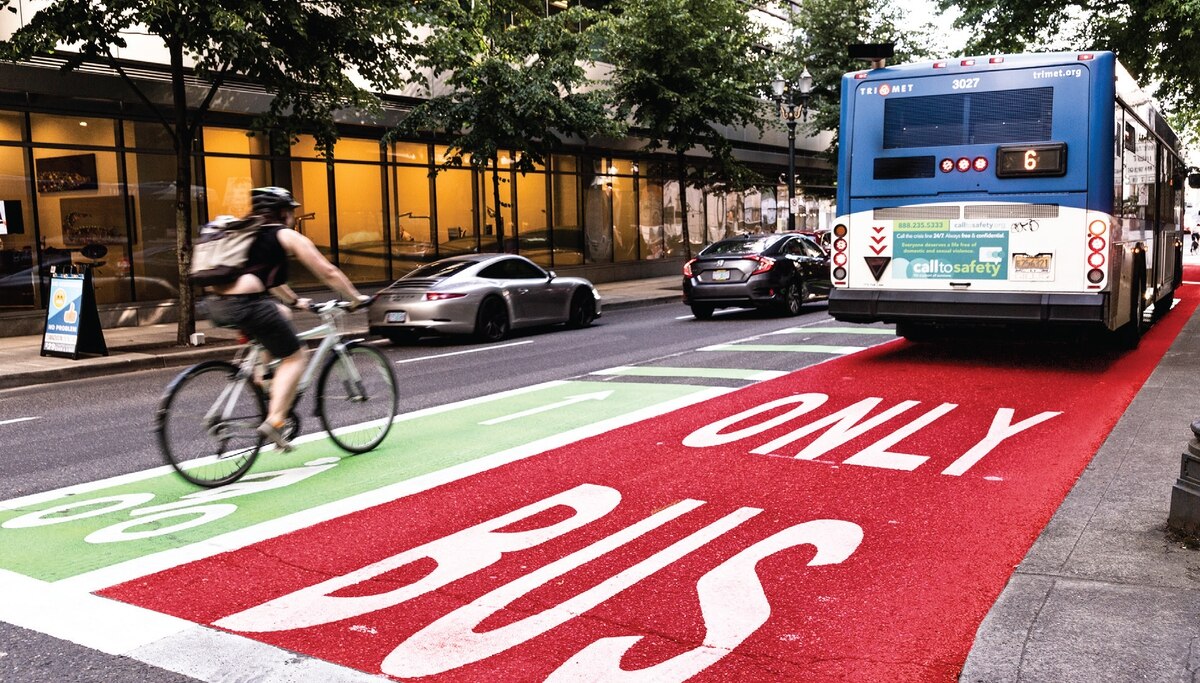The Congestion Con: How more lanes and more money equals more traffic
In an expensive effort to curb congestion in urban regions, the United States has overwhelmingly prioritized one strategy: widening and building new highways. We added 30,511 new freeway lane-miles of road in the largest 100 urbanized areas between 1993 and 2017, an increase of 42 percent. That rate of freeway expansion significantly outstripped the 32 … Continued








